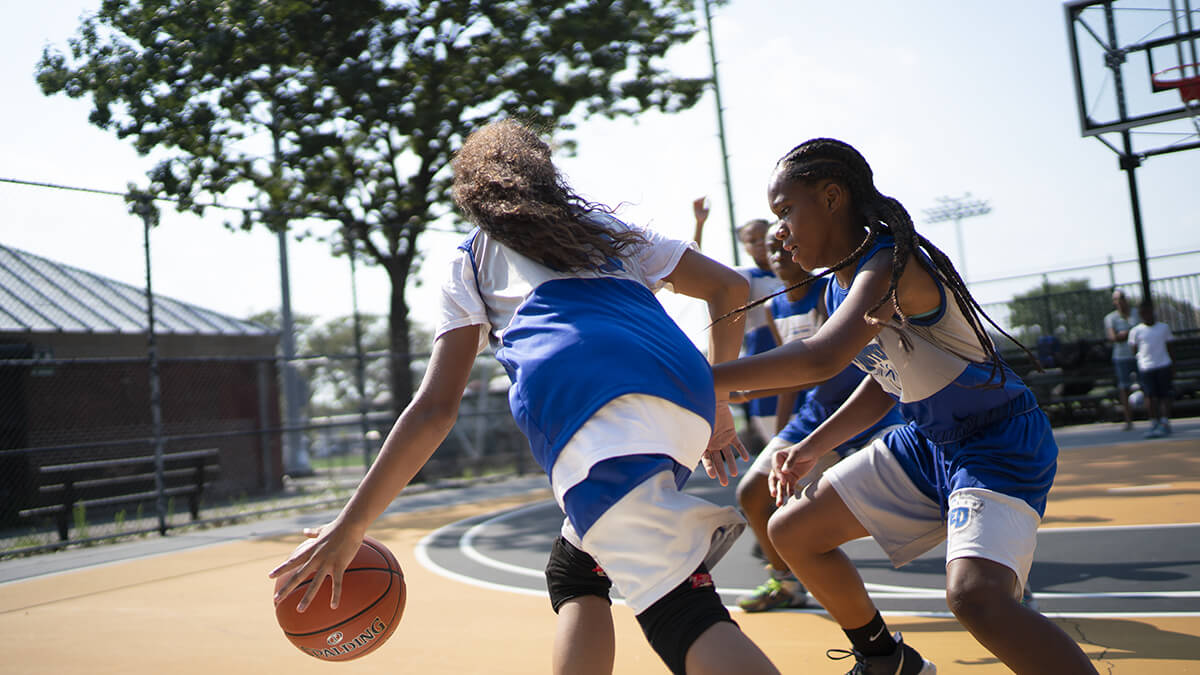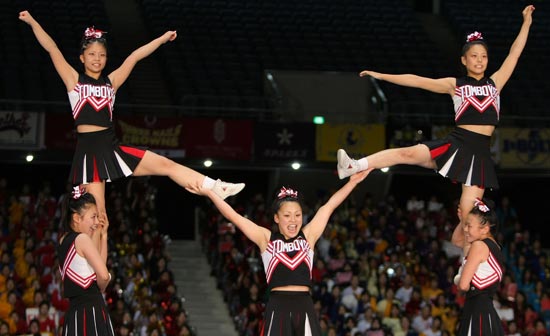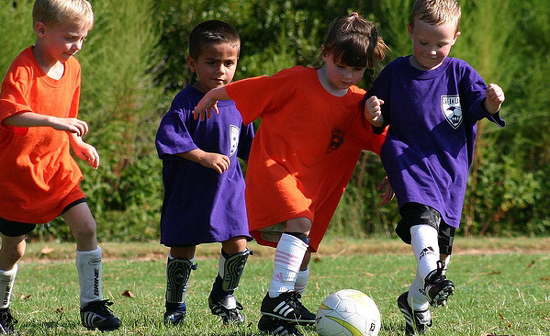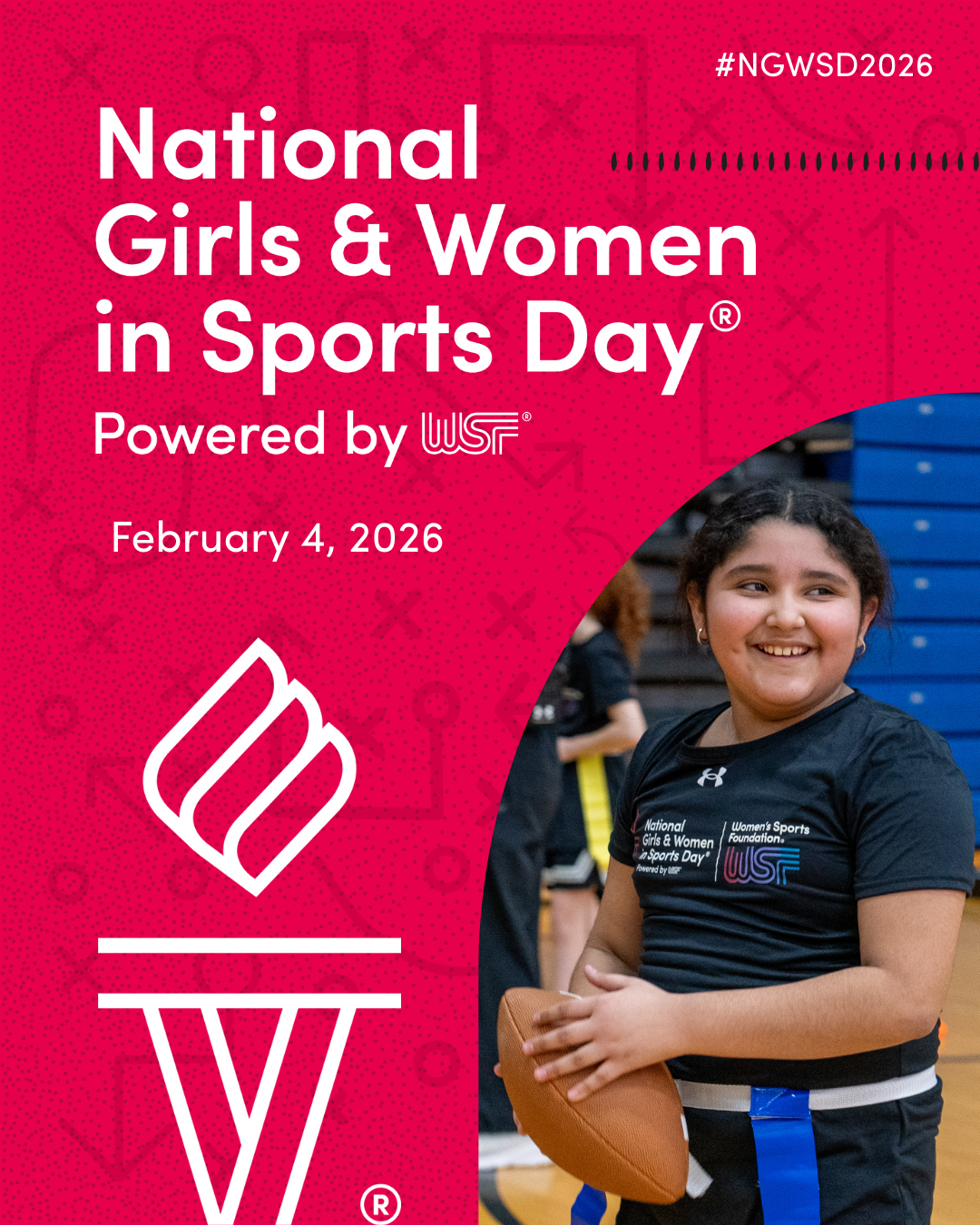AB 252 Overview
The College Athlete Protection Act (California AB 252), sponsored by California Assemblymember Chris Holden, was introduced in January 2023. In its current state, AB 252 establishes a revenue sharing model that, due to its proposed regulations, would potentially pose a threat to gender equity, Title IX compliance, and broad-based sports offerings while also creating possible unintended consequences to women’s sports.
With concerns about the potential consequences of the bill, both intended and unintended, WSF has taken a number of actions to ensure that implications for gender equity and Title IX compliance are thoroughly considered.
WSF Actions
- July 12 – Vice President of Advocacy, Sarah Axelson, spoke to and was quoted by the Wall Street Journal. The Wall Street Journal covered the news of AB 252 being withdrawn until 2024.
- June 29 – Letter sent to the California Senate Education and Judiciary committees expressing our opposition to the bill and its newly added amendments.
- May 24 – Condensed letter outlining our concerns sent to the California State Assembly.
AB 252 passed California Assembly on June 1, and on July 5, just prior to Senate Education and Judiciary Committee hearings, Assemblymember Holden decided to make AB 252 a two-year bill, delaying additional action until 2024. This pause in legislative proceedings does not eliminate the extant threat the bill and others like it would pose to gender equity, Title IX compliance, and broad-based sports offerings.
WSF will continue to monitor this and other legislation for gender equity, Title IX compliance, broad-based sports offerings and unintended negative consequences to women’s sports.
Opponents to AB-252
The California Legislature received opposition to AB 252 from WSF and the following parties:
Academic Senate of The California State University
Association of Independent California Colleges & Universities
Big Sky Conference
California State University, Office of the Chancellor
Community College League of California
Stanford University
Team USA Athletes’ Commission
U.S. Ski & Snowboard
United States Olympic & Paralympic Committee
University of California
University of Southern California
USA Artistic Swimming
USA Swimming
USA Swimming Athletes’ Advisory Council
USA Track & Field
USA Volleyball
USA Water Polo
USA Wrestling











